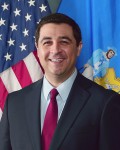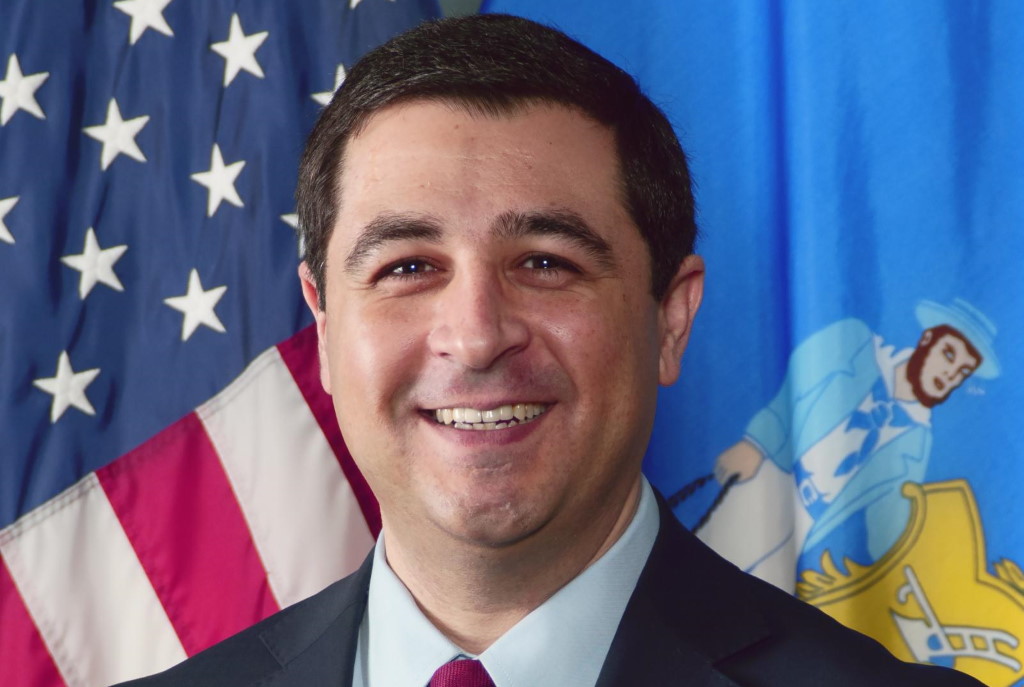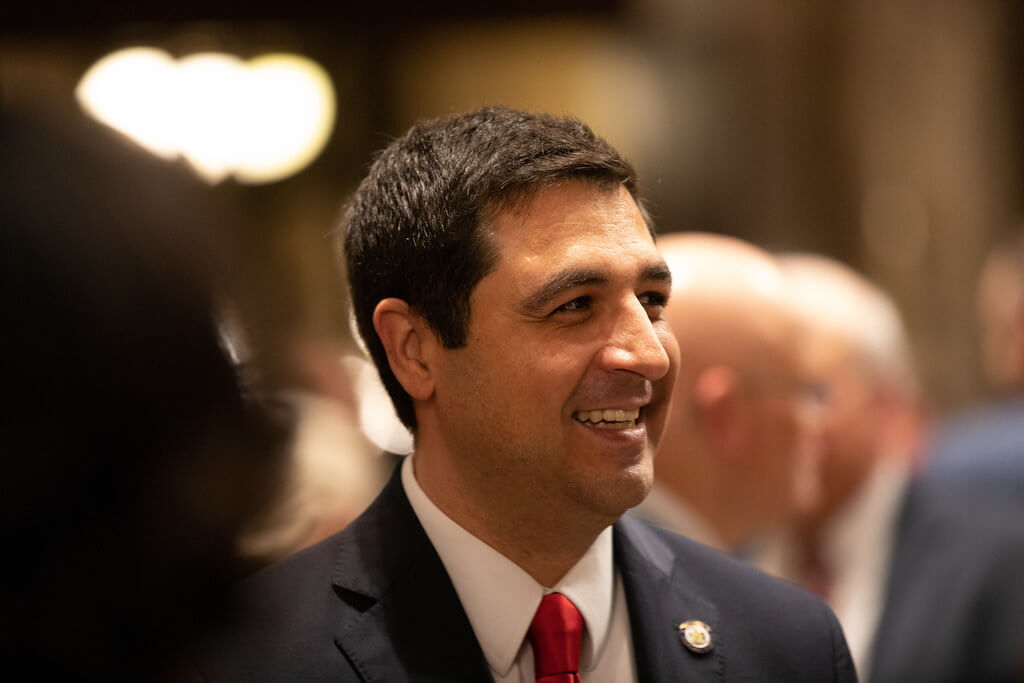AG Kaul Seeks Preliminary Injunction Against Trump Administration to Stop Health Care Discrimination
This motion is part of an ongoing lawsuit that the coalition of 23 cities and states filed against HHS in May 2019.
MADISON, Wis. – Attorney General Josh Kaul, joined a coalition of 23 cities, states, and municipalities, in a motion filed Friday to seek a preliminary injunction to stop the Trump Administration’s Department of Health and Human Services (HHS) from adopting a rule that would expand the ability of businesses and individuals to refuse to provide necessary health care on the basis of businesses’ or employees’ “religious beliefs or moral convictions.” The motion is supported by declarations from 48 leading public health professionals from states across the country, including from the Wisconsin Department of Health Services.
“The proposed rule could result in harm to patients and would put Wisconsin and other states at risk of losing vital funding for health care,” said Attorney General Kaul. “We are asking the district court to stop this rule from going into effect.”
This motion is part of an ongoing lawsuit that the coalition of 23 cities and states filed against HHS in May 2019.
Under the final rule, a hospital could not inquire, prior to hiring a nurse, if (s)he objected to administering a measles vaccination—even if this was a core duty of the job in the middle of an outbreak of the disease. Or an emergency room doctor could refuse to assist a woman who arrived with a ruptured ectopic pregnancy, even if the woman’s life was in jeopardy.
The lawsuit filed by the coalition further alleges that the risk of noncompliance is the termination of billions of dollars in federal health care funding. If HHS determines, in its sole discretion, that states or localities have failed to comply with the rule – through their own actions or the actions of thousands of sub-contractors relied upon to deliver health services – the federal government could terminate funding to those states and localities, to the price tag of hundreds of billions of dollars. States and localities rely upon those funds for countless programs to promote the public health of their residents, including Medicaid, the Children’s Health Insurance Program, HIV/AIDS and STD prevention and education, and substance abuse and mental health treatment.
Wisconsin DHS officials declared in the motion that should Wisconsin’s federal health care funding be terminated, the state would suffer a $6.7 billion shortfall, losing vital health services such as, long-term care services, prescription drug coverage, and opioid prevention funding, including efforts to enhance non-punitive neo-natal abstinence screening. Read the state’s declaration.
The lawsuit argues that this drastic expansion of refusal rights, and the threat of termination of federal funds, violates the federal Administrative Procedures Act and the Spending Clause and separation of powers principles in the U.S. Constitution.
In addition to Wisconsin, the preliminary injunction was filed by the City of New York, Colorado, Connecticut, Delaware, the District of Columbia, Hawaii, Illinois, Maryland, Massachusetts, Michigan, Minnesota, Nevada, New Jersey, New Mexico, New York, Oregon, Pennsylvania, Rhode Island, Vermont, Virginia, the City of Chicago, and Cook County, Illinois.
NOTE: This press release was submitted to Urban Milwaukee and was not written by an Urban Milwaukee writer. While it is believed to be reliable, Urban Milwaukee does not guarantee its accuracy or completeness.
Mentioned in This Press Release
Recent Press Releases by Josh Kaul
Wisconsin DOJ Hosts First Fire Investigation Course
Aug 26th, 2021 by Josh Kaul“This course provides investigators with training and accreditation, bringing expertise in fire investigations to more communities and helping to protect public safety,” said Attorney General Kaul.
AG Kaul Issues Update on Statewide Inquiry into Clergy and Faith Leader Abuse
Jul 13th, 2021 by Josh KaulSurvivors are still encouraged to report abuse at SupportSurvivors.widoj.gov or by calling 1-877-222-2620























